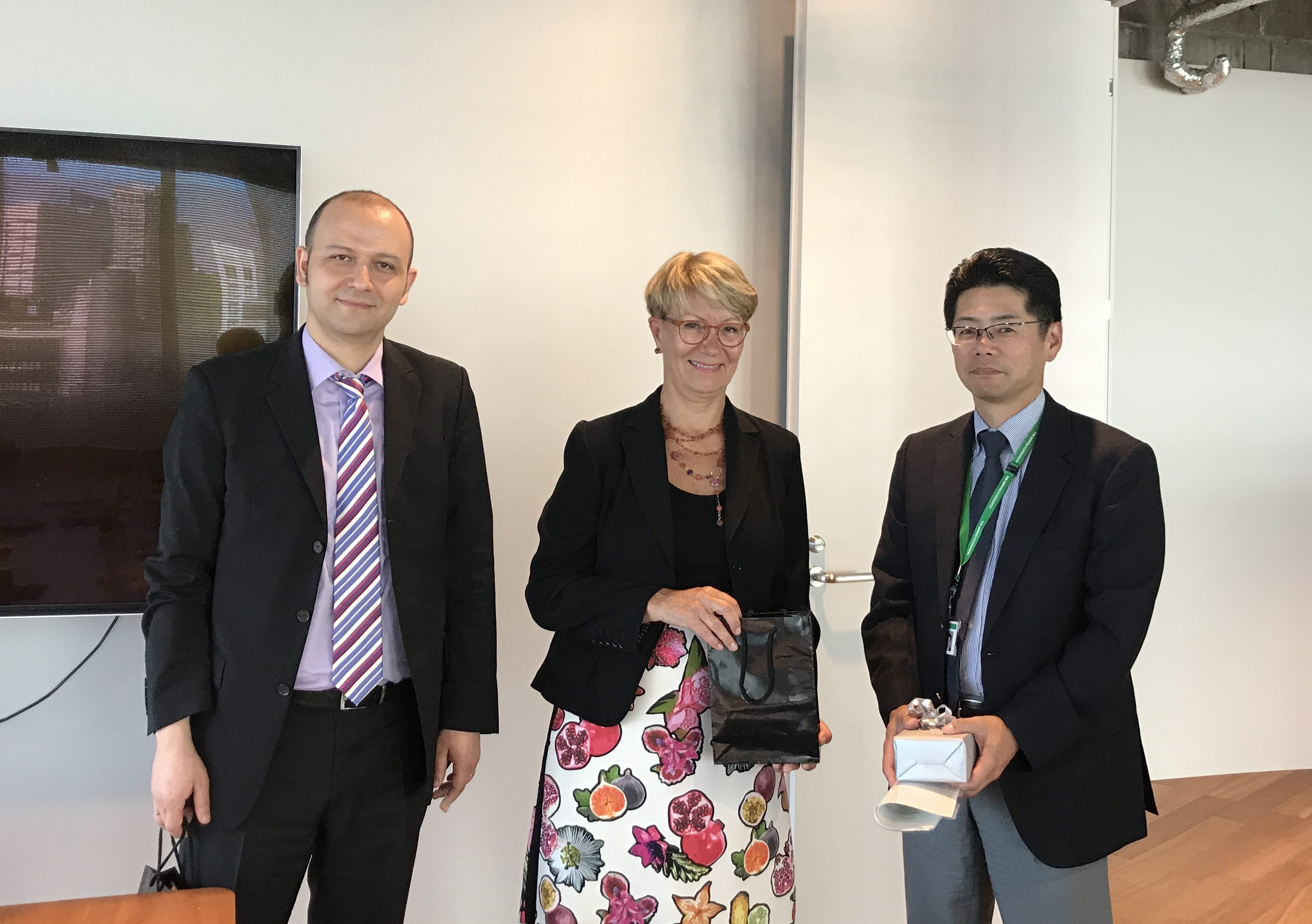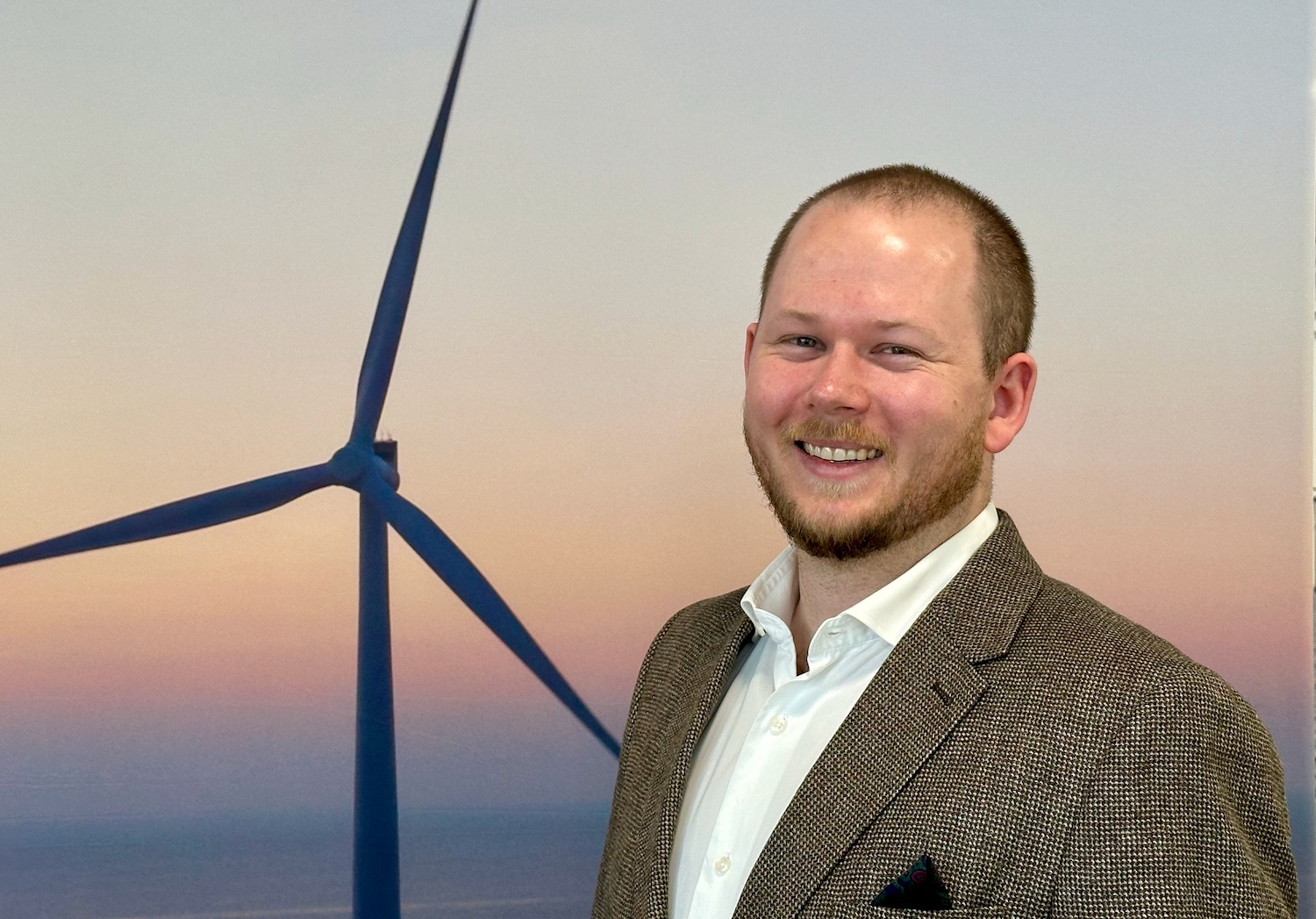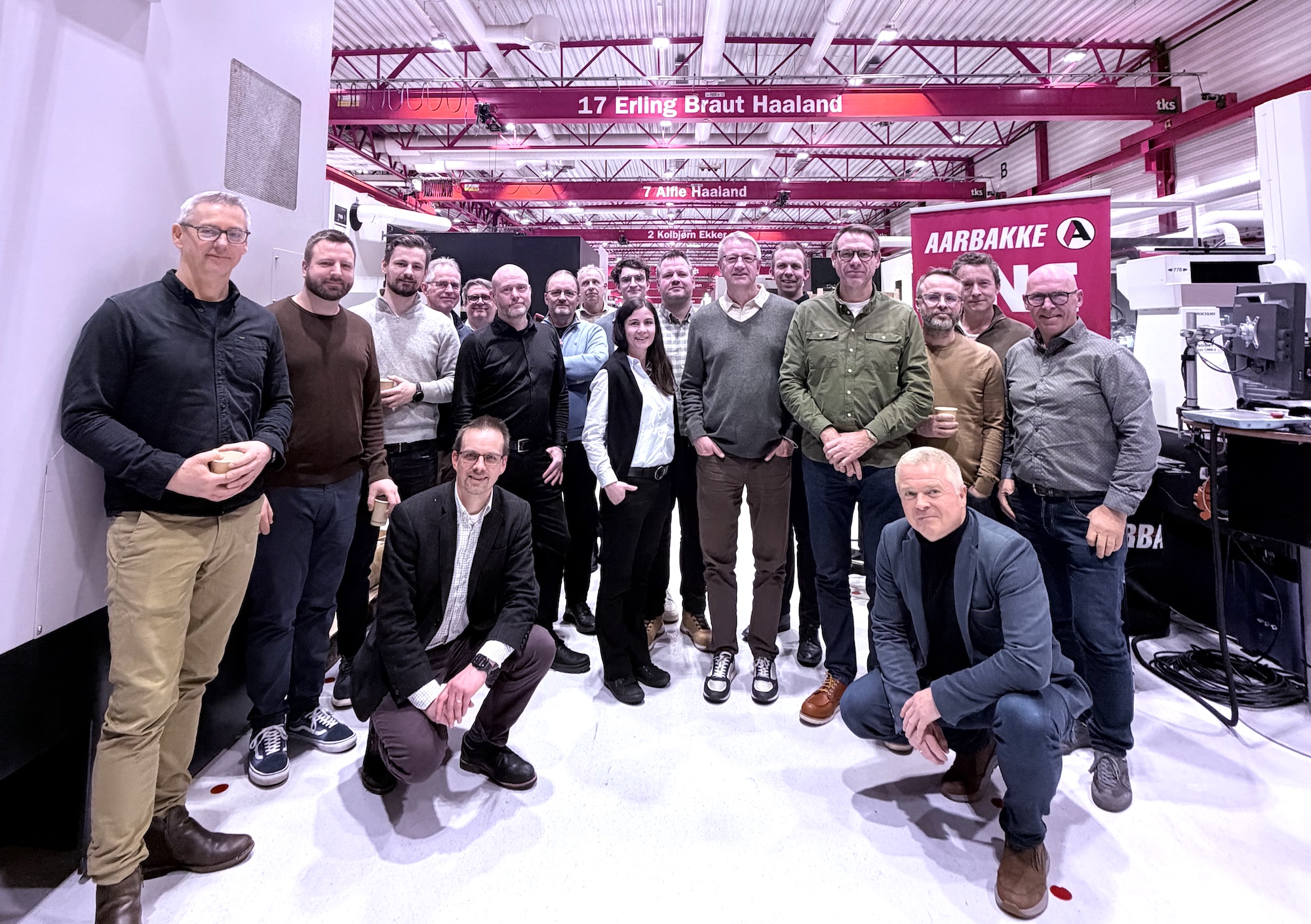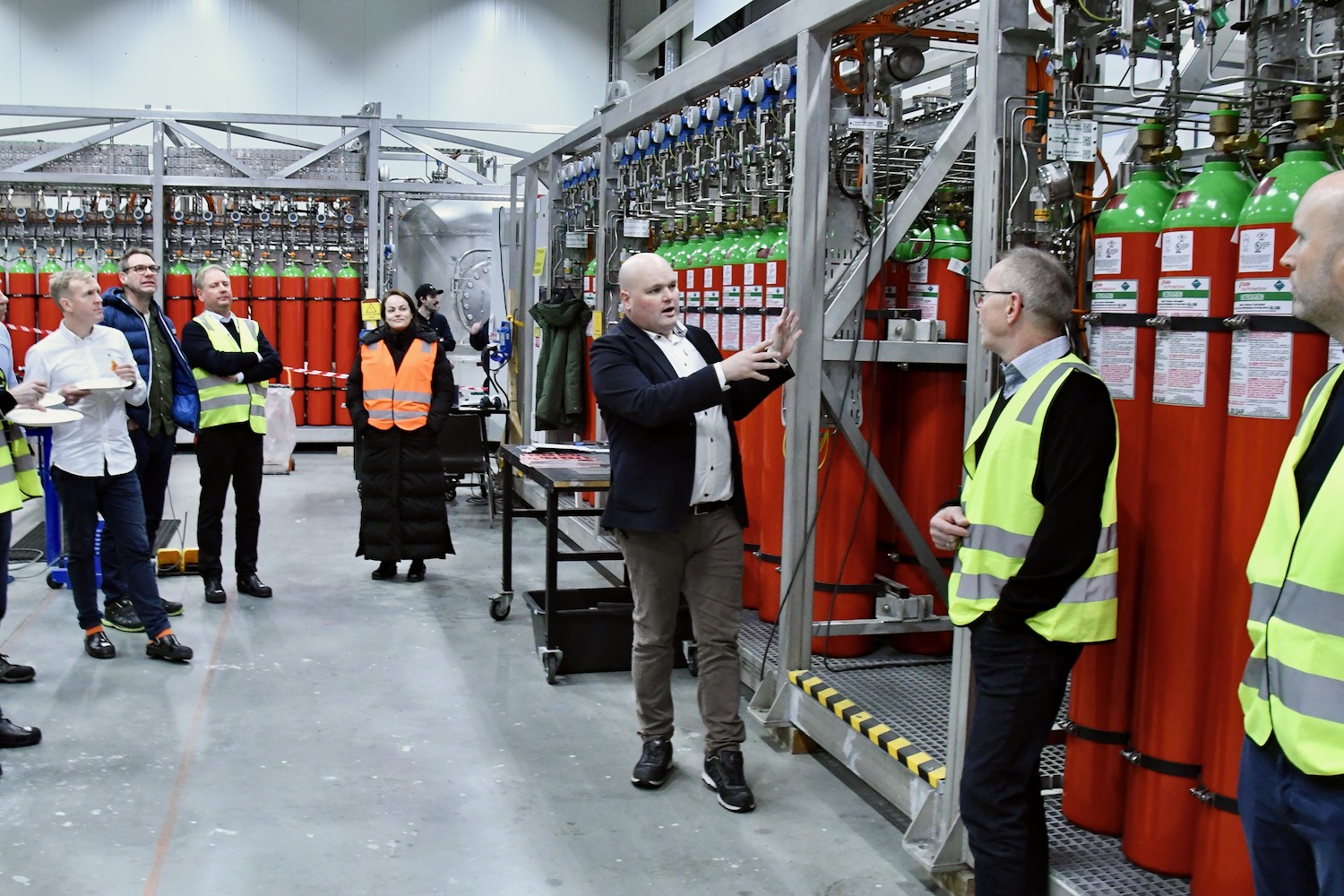“Floating offshore wind production is expected to grow rapidly in Japan. There are enormous unexploited wind resources to tap in to. The Japanese suppliers are interested in connecting with leading expertise in the field, and Norway is well positioned to play a role,” says Anne-Grete Ellingsen, CEO of GCE NODE.
At a workshop in Tokyo arranged by GCE NODE, Equinor and Nippon Foundation, the Norwegian and Japanese sides shared knowledge and plans for future development within offshore wind.
Equinor is the owner and operator of the world’s first floating wind farm, Hywind, outside of Scotland. GCE NODE companies MacGregor (anchoring system) and Origo Solutions (SCADA system) contributed to the Hywind project which opened in October 2017.
In Tokyo, Jan Martin Grindheim, Director of Strategy and Emerging Business, Advanced Offshore Solutions at MacGregor and Tor Magne Madsen, Director of Sales at Origo Solutions, presented how they have converted solutions from oil and gas to renewable energy.
“Securing a competent and reliable chain of suppliers is key. GCE NODE companies showcased both the competence and technology necessary to take the Japanese offshore wind industry to the next level. The special skills required to work in the ocean, and experience from floating wind farms, makes Norway an interesting partner,” says Ellingsen.
COOPERATION WITH NIPPON FOUNDATION
Nippon Foundation is one of the largest independent and non-profit grant funding organizations in Japan. It cooperates closely with government, industry and academia.
“We are pleased to have established a cooperation with Nippon Foundation in the last few years. It is an excellent partner for facilitating business partnership between Japan and Norway,” says Ellingsen.
Teknova has submitted an application to The Research Council of Norway under the INTPART program together with Tohoku University (Japan), University of Agder (Norway) and GCE NODE. The overall aim of this project proposal is to create a long-term active research and education collaboration on autonomous systems in industrial offshore oil and gas applications – with special emphasis on visual computing.
“Japan is a high-tech savvy and highly industrialized nation. In a partnership, Japan would bring world-class competence in robotics, visual servoing and artificial intelligence, and Norway would bring world-class competence in offshore oil and gas and offshore machine vision. There is a potential for a mutually beneficial relationship here,” says Nabil Belbachir, Head of Department at Teknova.
EXPECTS MORE COOPERATION
In addition to the offshore wind workshop, the Norwegian delegation attended the 6th Japan-Norway Joint Committee Meeting on Cooperation in Science and Technology and the Ocean Innovation Workshop in Tokyo, which drew representatives from several Japanese universities and the National Maritime Research Institute.
“We expect several new Japanese-Norwegian projects in years to come. We have a lot in common. As an example, the Nippon Foundation’s Ocean Innovation strategy is a good match with GCE NODE and GCE NODE participants,” says Ellingsen.




